2023 has been a crucial year for the VALORANT esports ecosystem, revolving around the move to franchising across the world. Split into three major regions, teams from the Americas, EMEA, and the Pacific are competing to face off against each other, with the world’s best locking horns at the VALORANT Champions Tour.
But what about the best of the rest? There are only so many spots available in the VCT, and plenty more believe themselves deserving of a shot at VALORANT glory. And most of those extremely talented players remain outside franchising are competing regionally in tier-two VALORANT in the Challengers scenes.
Post-franchising, division two VALORANT is surviving, but mainly because of the passion of the players and the structure of managers like Krystian “TERP” Terpiński. As the lead manager of VALORANT Challengers East, he has to work around financial issues to just keep the league alive and help develop that talent into the tier-one scene. Without people like him running tier-two leagues across the world, players would not have the same path to pro that the VALORANT community wants.
It’s no secret that a lot of tier-two leagues are struggling in esports, and VALORANT is no different in that regard. Of all the changes the franchised league has introduced, the opportunity for teams to get relegated and promoted gives hope to tier-two organizations that they can make it to the top with nothing but talent and consistency.
Related: Riot shares definitive stance on future of LoL esports following NACL crisis
It is tough to maintain that hope, as organizations have to stay alive from start to finish for that dream to come alive—even if their success isn’t leading to financial benefits.
“If you ask every regional manager what the biggest problem they face with the Challengers league, it’s money; the monetization, commercialization of the product,” TERP said. “It’s challenging because there is a blacklist of sponsorships, which certainly limits the pool of potential sponsors.”
TERP pointed out that it is simply hard to find ongoing funding for the league at the moment outside of their own investment. For example, Red Bull Polska is the East: Surge’s main sponsor, but others are scarce.

Also, it doesn’t help that the league’s financial situation has worsened following the ongoing Ukrainian conflict, which has affected TERP’s ability to obtain sponsorships for his league.
“I’ve had 10 different meetings for sponsorships where the client says the offer looks nice, but they have to pass because of our proximity to the war,” TERP said.
He also mentioned that Riot hasn’t abandoned the grassroots and tier-two scene for VALORANT, saying there would be meetings in the near future with Riot and the managers of all Challengers leagues soon, hopefully addressing these same issues.
Walking into the Challengers East: Surge studio in Warsaw, Poland, it’s clear that the place is passionate about the game and esports as a whole. From the mass of pictures and trophies upstairs to the chandelier of esports jerseys from a multitude of games, the connection to both Polish and Eastern European talent is evident.
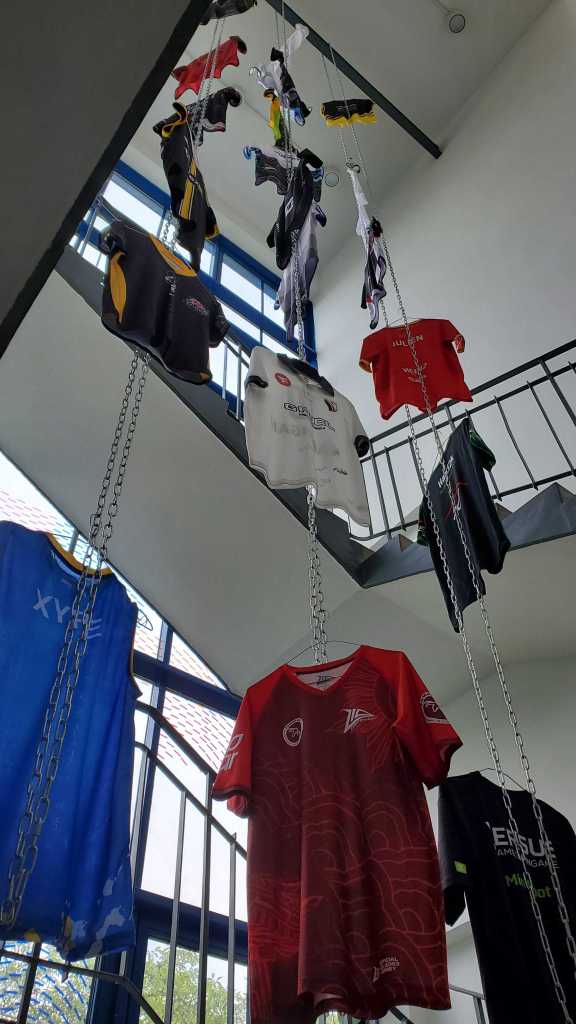
At the same time, the small room with nothing but a green screen, two chairs, a TV, and a camera for the casters also shows that the league could be in a better situation, in comparison to the larger stage and desk that VCT EMEA has.
Alas, even with all the issues the second division of VALORANT is facing, the talent is there in droves. Due to the limited number of teams and roster spots, each Challengers league has their own talent that arguably could’ve made it to a franchised team. As for the East region, the top talent is spread comfortably across multiple teams, with a good spread across the top teams.
“In my opinion, we have around 10 VCT-ready talents in our league,” TERP said. “Two that come to mind are alexiiik and benjyfishy, outside Acend.”
Some other names mentioned were Katu and GRUBINHO from Anonymo Esports, former G2 Esports player Patitek, and runneR from Diamant Esports.
While not facing the same situation as last year, one of the most popular recent East: Surge promotions is Fnatic’s sixth man kamyk. Lots of other players currently in the league have previous experience at the height of VALORANT, like Patitek and baddyG. Yet, with the closed trade and signing market, these players have to fight for Ascension while proving their skills for 2024.
Related: All VALORANT teams qualified for VCT Masters Tokyo
One of the leading teams is Acend, who VALORANT fans will recognize as the first-ever Champions from their run in 2021. The core is different, with only one player who stayed on from 2022 to 2023. The star talent of cNed, zeek, and starxo all moved onto franchised rosters for 2023.
Even then, the coaching of Nbs and improvement of MONSTEERR has seen Acend rise to first place across both Split One and Two. The team are clear favorites to make Ascension, and across all Challengers leagues, might even earn promotion to the Champions Tour for 2024.
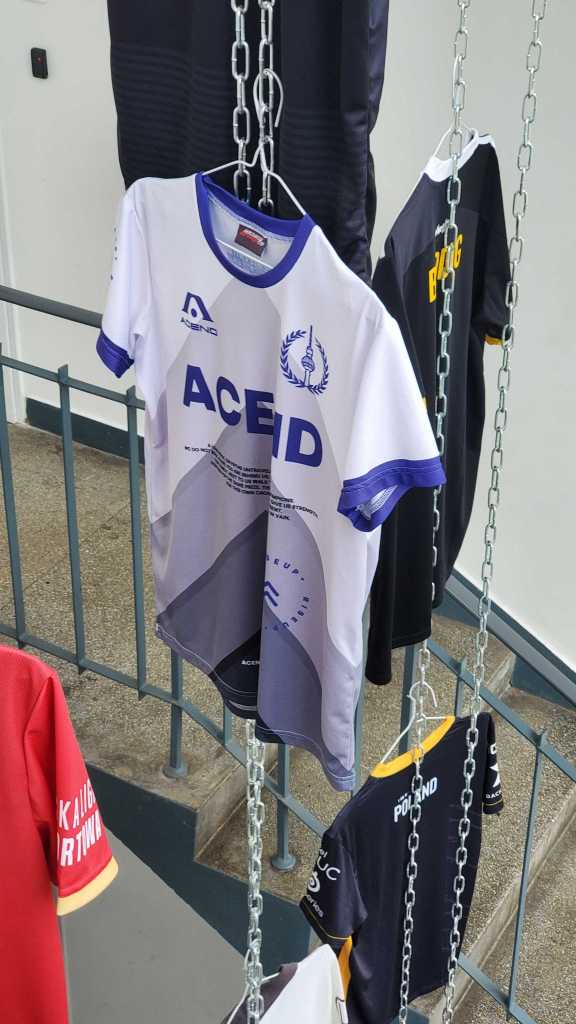
No matter which team from Challengers East makes it to Ascension, there was some unfortunate news for both East: Surge and EMEA as a whole. Both the Challengers league and the entire region as a whole won’t have LANs the same way other regions will. Due to financial constraints, the East: Surge finals won’t be on LAN. This will mean that players aiming to compete at future LANs will miss out on experience that could prove crucial to them and their teams’ development.
Afterward, when EMEA teams across tier two compete for their chance to make it to tier one, only the end of the playoffs are on LAN, at the same location as the EMEA franchised league plays in Berlin.
For the EMEA Ascension LAN news, fans got angry at Riot for seemingly neglecting the region, while others like the Pacific region received their own unique Ascension LAN in Bangkok, Thailand. Plus, a couple of the Challengers leagues end relatively soon, leaving players and organizations with months of downtime before the Ascension tournaments begin. According to TERP, this is potentially the biggest issue with the Challengers schedule in 2023.
“It’s hard to even count on the squads or teams to stay the same over this break,” TERP said. “The only hope are off-season tournaments, which need to be announced soon. This is super important to all leagues that have a long break like we do, because if not, teams will go away and both players and staff will lose jobs due to a lack of funds.”
But with the right support and the talent within, tier-two VALORANT can work and help develop some of the newest stars in a growing esport.


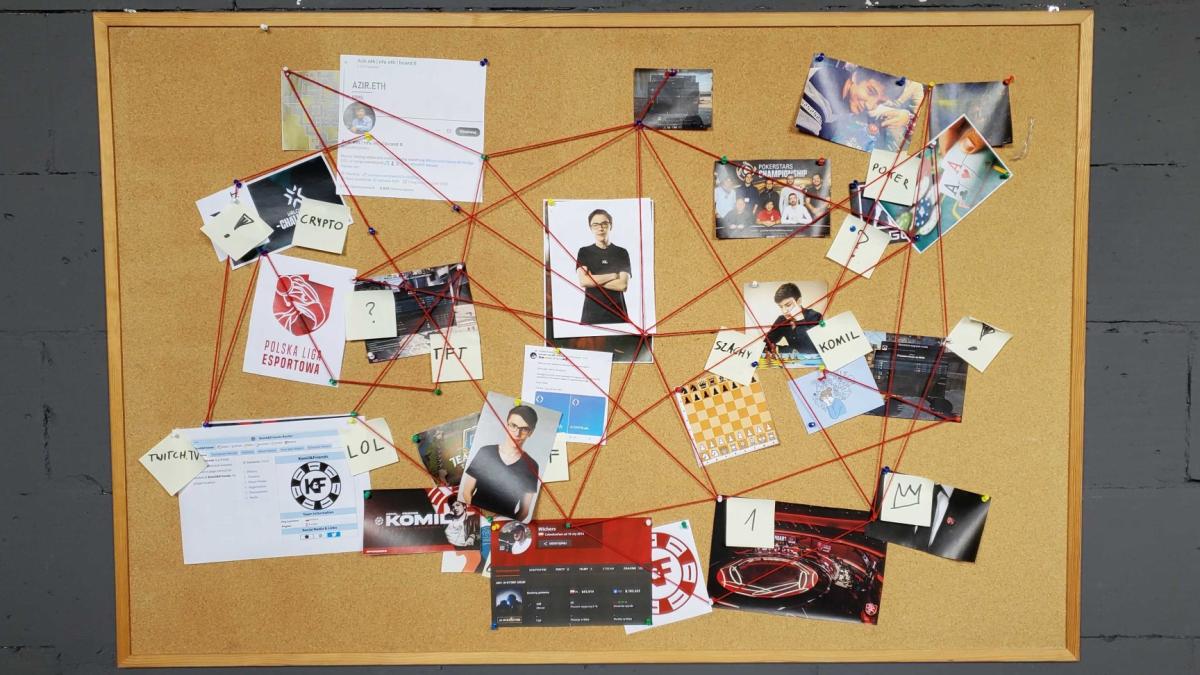
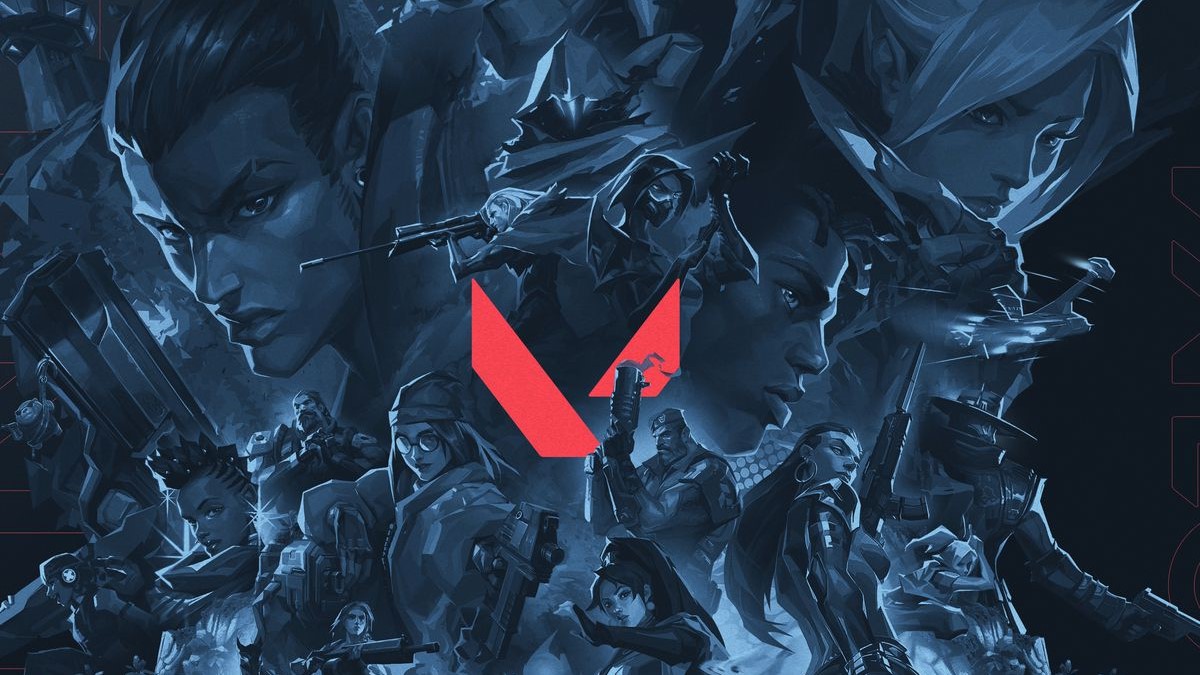
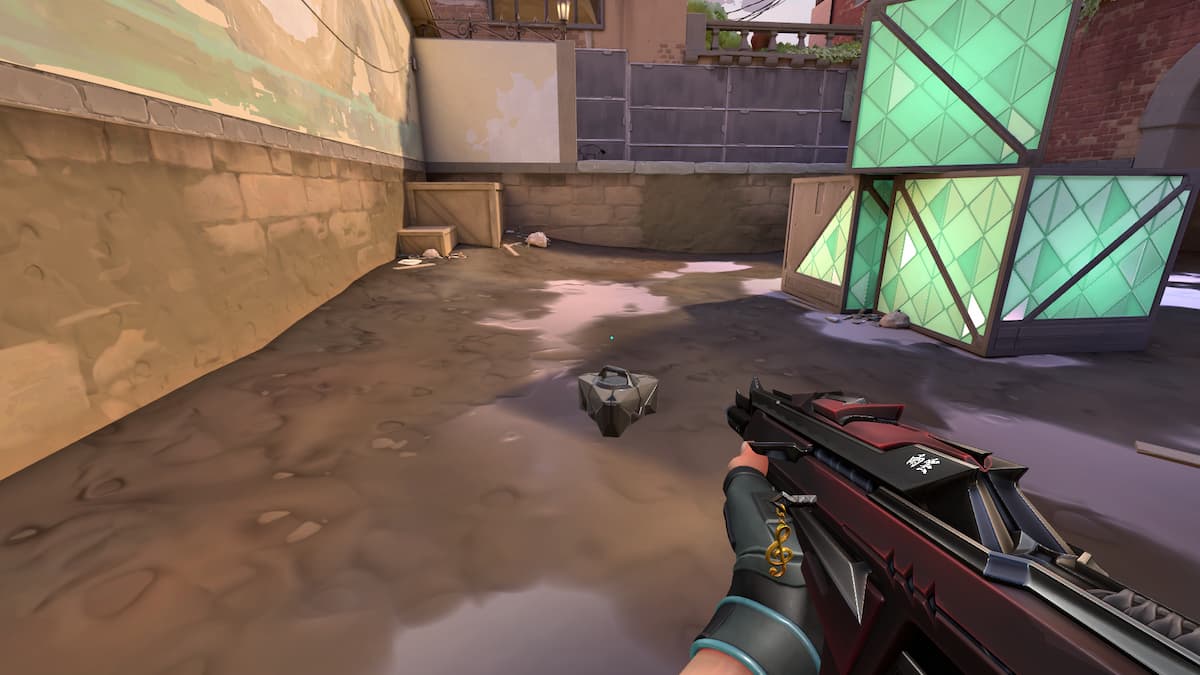

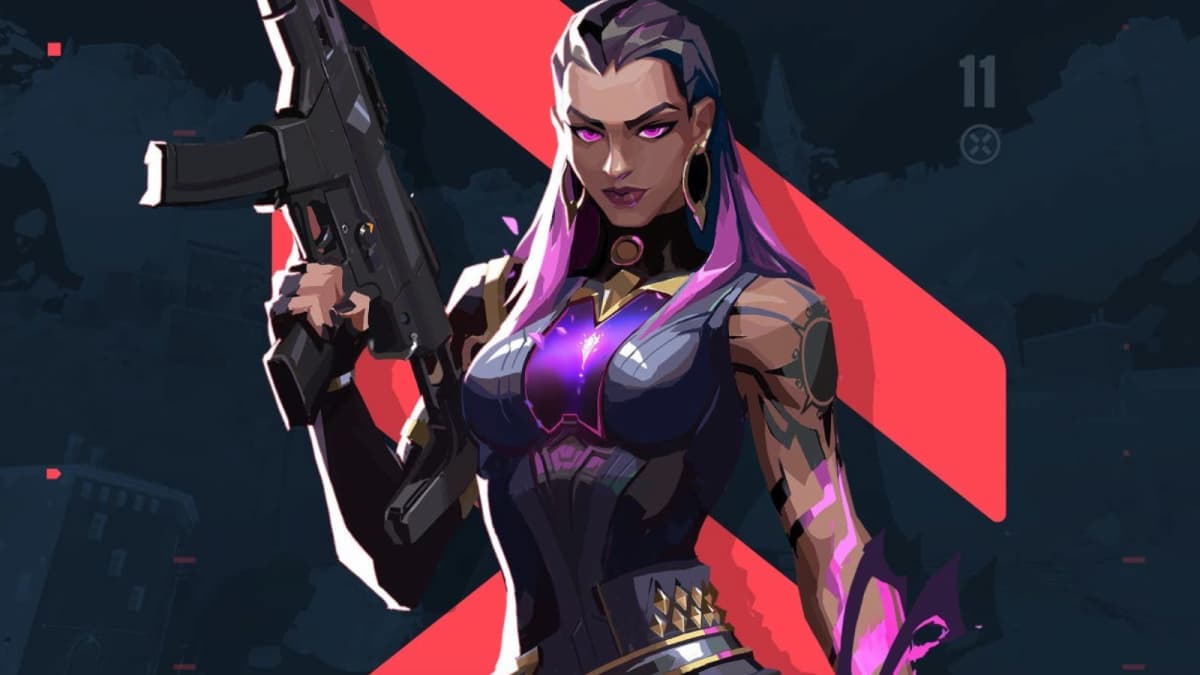
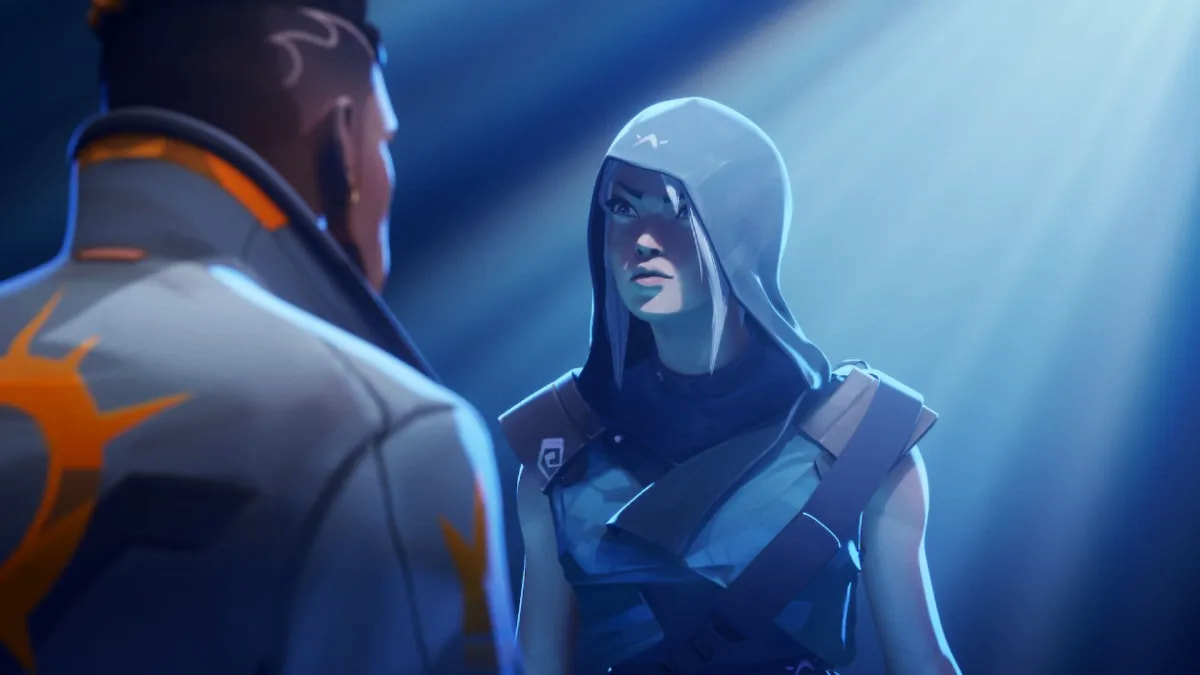
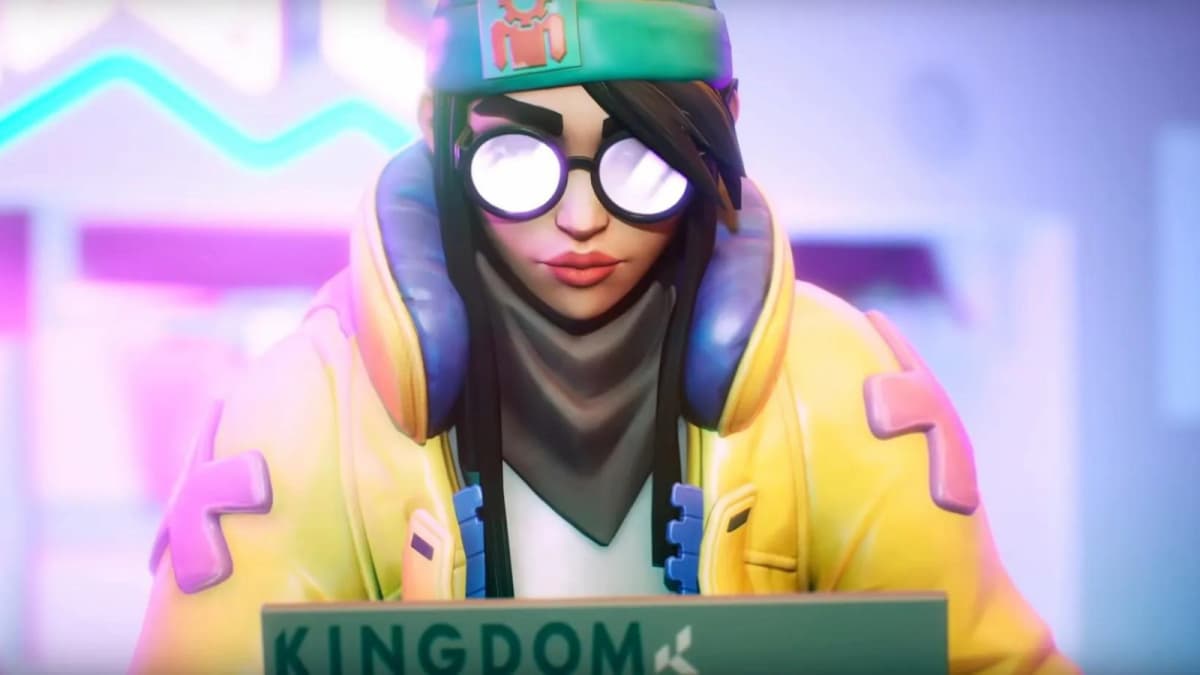
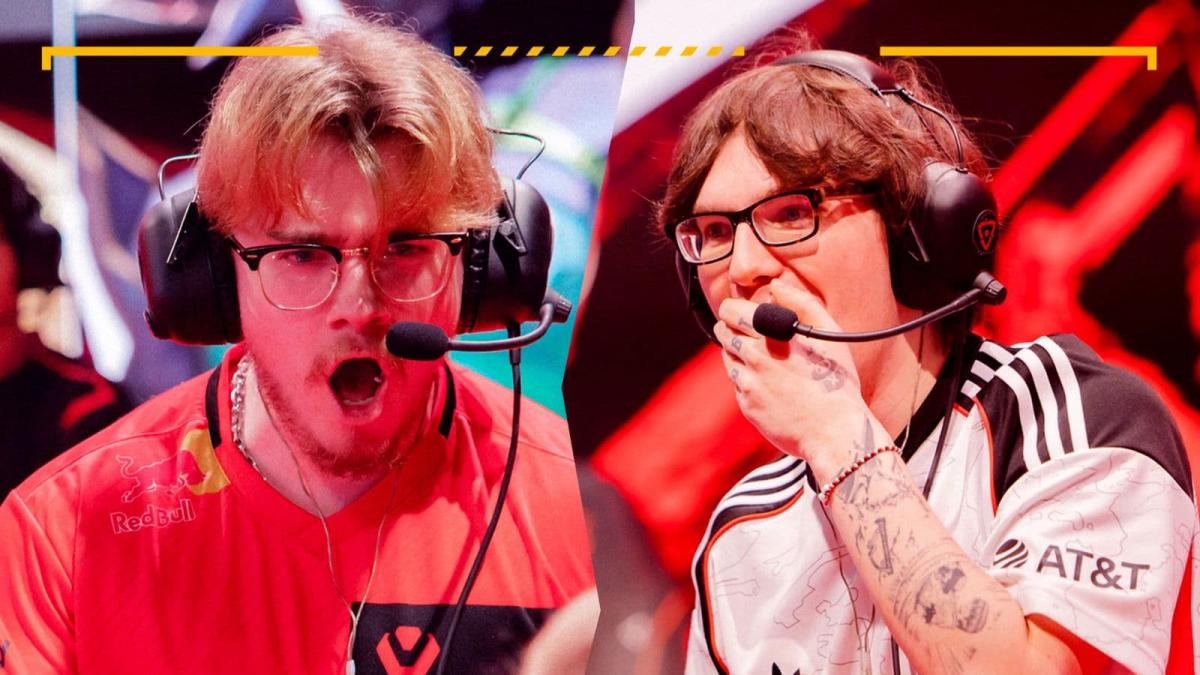
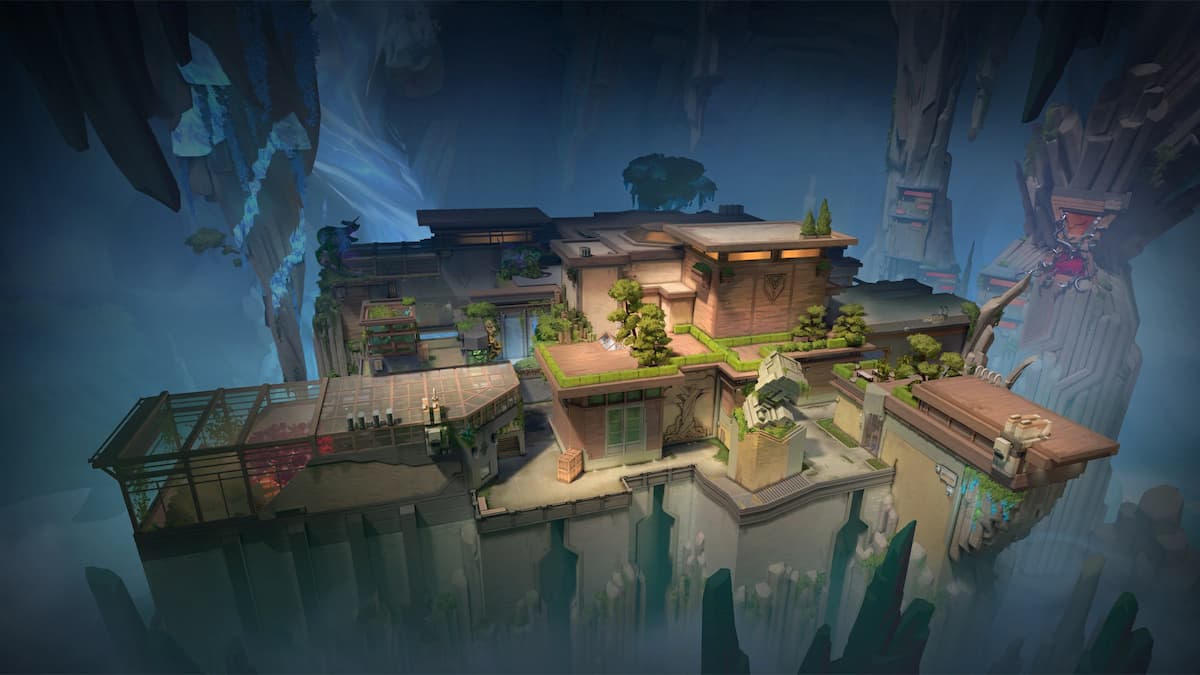
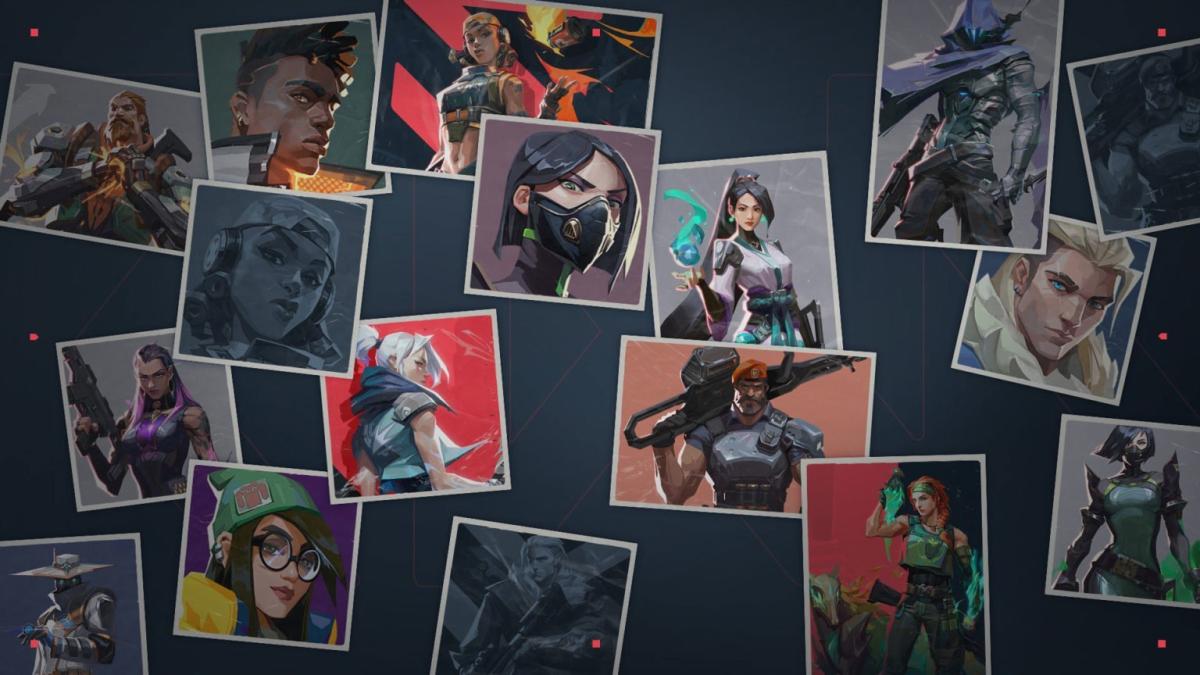

Published: May 31, 2023 04:54 pm